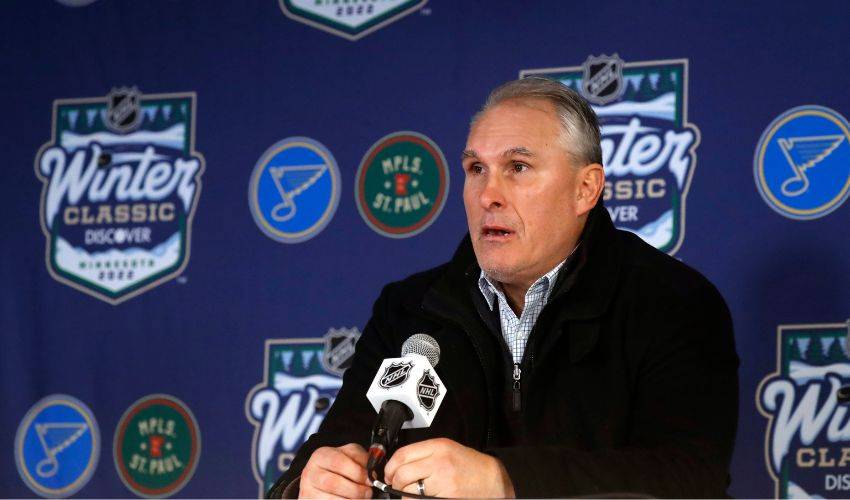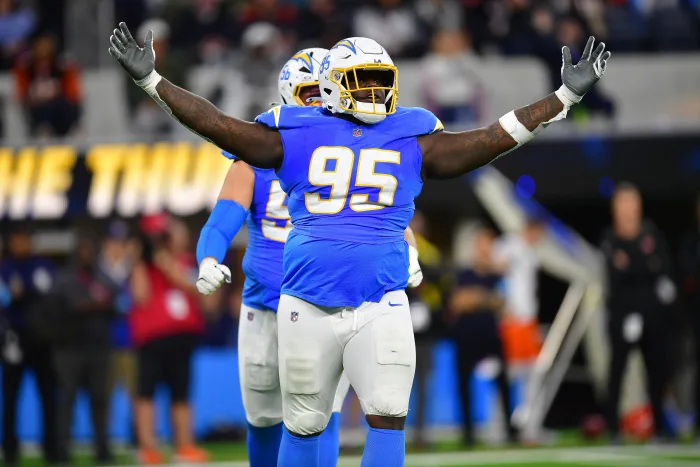Nazem Kadri’s New Book Reveals Troubling Accounts of Mike Babcock’s Coaching Tactics with Toronto Maple Leafs
In his upcoming memoir, NHL forward Nazem Kadri provides an in-depth look into his time with the Toronto Maple Leafs, including a candid recounting of his experiences under former head coach Mike Babcock. Kadri’s revelations shed light on Babcock’s controversial coaching methods, which have stirred conversations across the hockey world and prompted broader discussions about coaching ethics in professional sports.
### Kadri’s Account of Babcock’s Coaching Style
Kadri, who played under Babcock for four seasons from 2015 to 2019, writes about incidents that left a lasting impact on his career and mental health. According to Kadri, Babcock’s approach to coaching was often harsh and unrelenting, sometimes crossing lines that made players feel undermined or humiliated. Kadri details incidents where he felt singled out and describes an environment where he and other players were frequently under intense scrutiny and pressure.
Though he acknowledges Babcock’s strong hockey acumen, Kadri criticizes the coach’s style as overly controlling and at times demoralizing, noting that it affected team morale. Kadri writes, “There’s a difference between pushing players to be better and pushing them to the point of breaking their confidence.” His insights reflect a complex relationship with a coach whose tactics, Kadri claims, went beyond typical discipline and often bordered on psychological strain.
### Past Allegations Against Babcock
This isn’t the first time Babcock’s coaching methods have come under scrutiny. During his tenure with the Maple Leafs, and later with the Detroit Red Wings, various players spoke out about his harsh tactics. Notably, in 2019, Leafs’ star Mitch Marner revealed an incident in which Babcock asked him to rank teammates based on work ethic and then shared Marner’s confidential list with the team, an act that drew widespread criticism. Following that revelation, other former players, including Johan Franzen, shared similar experiences, describing Babcock’s style as abusive.
Kadri’s book adds weight to these accounts, with his recollections resonating with the experiences of other players who felt that Babcock’s approach was needlessly punishing and counterproductive. While the coach has defended his methods as necessary for pushing players to reach their potential, Kadri’s narrative suggests that the line between discipline and mistreatment was often blurred.
### The Hockey World Reacts
Kadri’s account has already sparked responses from fans, analysts, and former players, with many expressing support for Kadri’s courage in speaking out. Critics of Babcock’s methods argue that such stories highlight the need for a cultural shift within hockey that emphasizes mental well-being alongside physical performance. One former teammate said, “Nazem’s account is unfortunately familiar to many who’ve worked with Mike, but it’s important that these stories come to light so that players feel safe and respected.”
Current Maple Leafs players and management have not issued statements regarding the book, but the NHL Players’ Association (NHLPA) reiterated its commitment to protecting players’ rights and mental health. Since the initial revelations regarding Babcock’s coaching practices, the league has taken steps to address player well-being, implementing initiatives to provide resources and support to players dealing with high-pressure environments.
### Babcock’s Career and Coaching Legacy
Despite his coaching achievements, which include leading the Detroit Red Wings to a Stanley Cup victory in 2008 and a successful tenure with Team Canada in the Olympics, Babcock’s legacy has been complicated by ongoing concerns about his methods. Following his departure from Toronto in 2019, he was hired by the Columbus Blue Jackets in 2023, only to resign weeks later amid renewed criticism of his approach to player management.
Kadri’s book could impact how the public and NHL stakeholders view Babcock’s influence on the sport. As more players come forward with their experiences, there is growing pressure on teams and coaches to foster environments that promote both athletic development and player mental health. Kadri’s decision to share his story is seen as part of a broader movement within the league toward increased transparency and accountability.
### Conclusion: The Impact of Kadri’s Story on Hockey Culture
Kadri’s book not only provides a behind-the-scenes look at life in the NHL but also calls for a shift in hockey culture that prioritizes player welfare and mutual respect. His account raises questions about how far coaches should go in pushing players and where the boundaries should lie. Kadri’s hope, as expressed in his memoir, is that by sharing his story, he can help create a better environment for future players, where discipline and respect go hand in hand.
The hockey community is now awaiting the book’s full release, with anticipation high for further insights into the experiences of a top NHL player under one of the sport’s most polarizing figures. Kadri’s story is expected to fuel ongoing conversations around coaching ethics and the future direction of player-coach relationships in professional sports.










